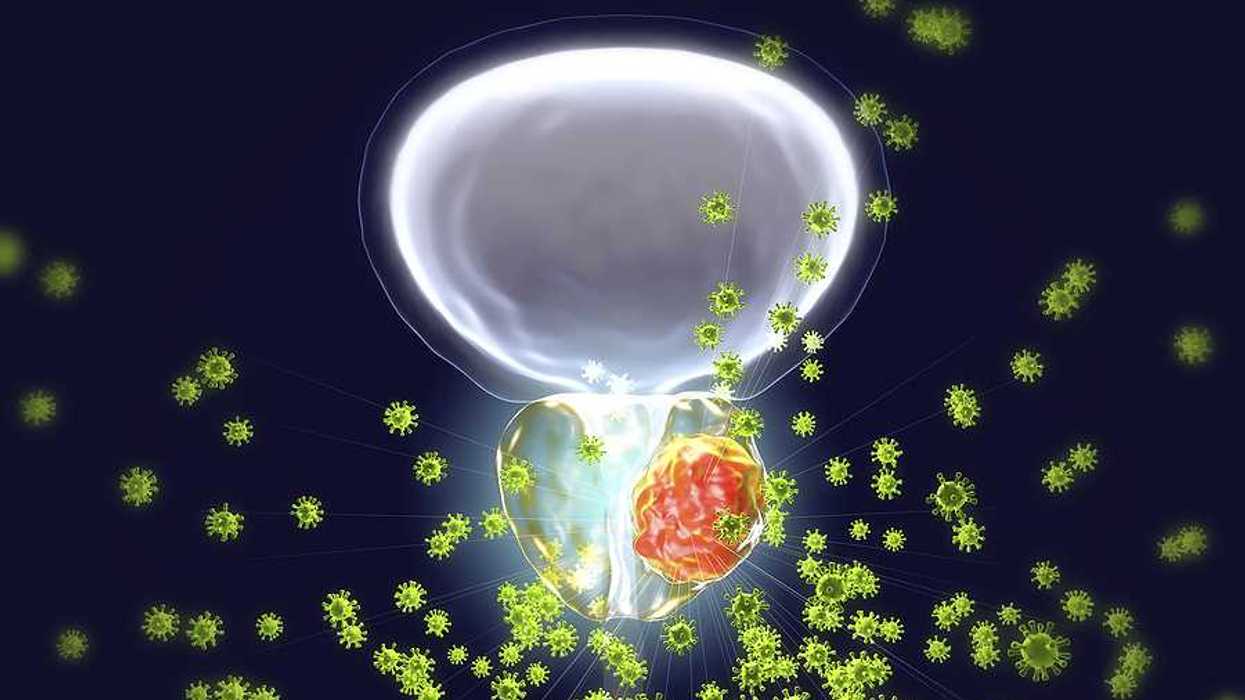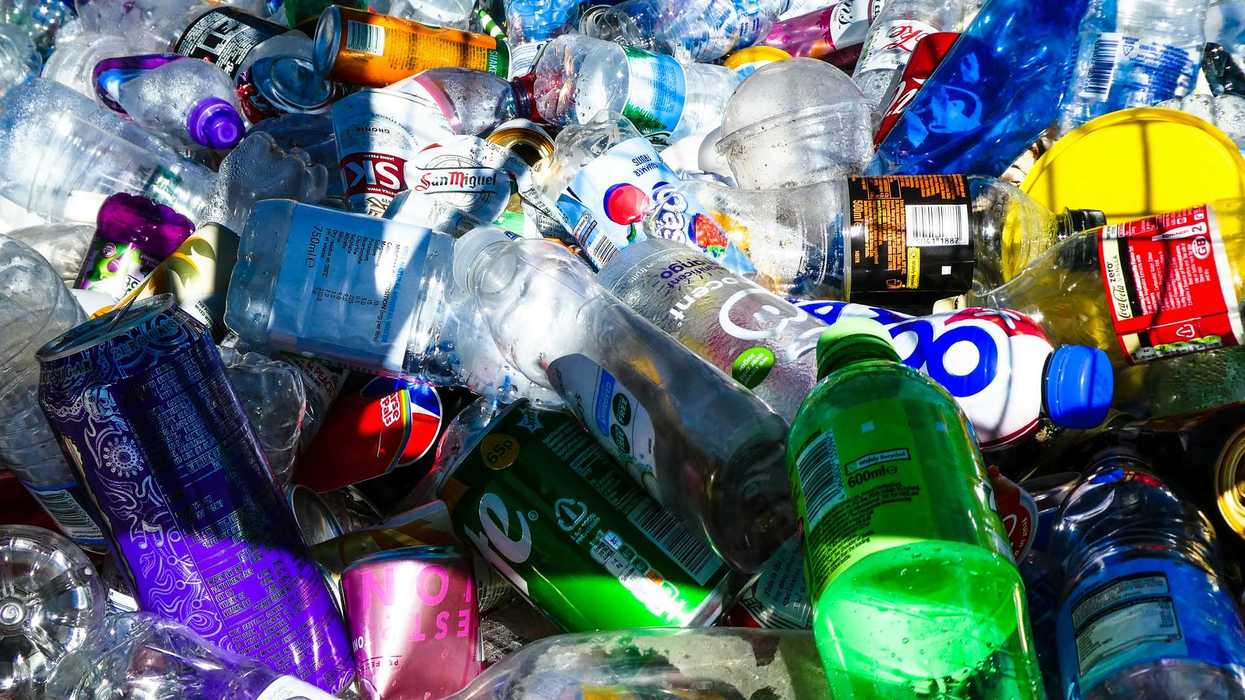Older adults living in hotter areas experience biological aging at a faster rate, according to a new study linking extreme heat to molecular changes in DNA.
Mohana Ravindranath reports for The New York Times.
In short:
- Researchers analyzed blood samples from over 3,600 older adults and found those exposed to frequent extreme heat showed accelerated epigenetic aging.
- The study linked living in areas with 140 or more days above 90°F per year to aging up to 14 months faster than those in cooler areas.
- Scientists caution that while heat exposure and aging appear connected, more research is needed to determine causation and other contributing factors.
Key quote:
“DNA is like a blueprint,” but these epigenetic changes are like the “switchboard that controls which part of the blueprint gets activated.”
— Eun Young Choi, postdoctoral associate at the U.S.C. Leonard Davis School of Gerontology
Why this matters:
The effects of extreme heat on human health are well documented, with studies linking high temperatures to heat stroke, cardiovascular strain, and even mental health challenges. But emerging research suggests that heat may also take a toll at the cellular level, potentially accelerating aging itself. If heat exposure alters the biological mechanisms of aging, it could mean a greater burden of chronic illness and declining health in later years.
While this study opens the door to new questions, scientists caution that much remains unknown. Are these cellular changes reversible? How much heat exposure is too much? And are certain populations more at risk? As global temperatures rise, these are critical areas for future research.
Related: Increasing temperatures from climate change may harm babies' hearts














